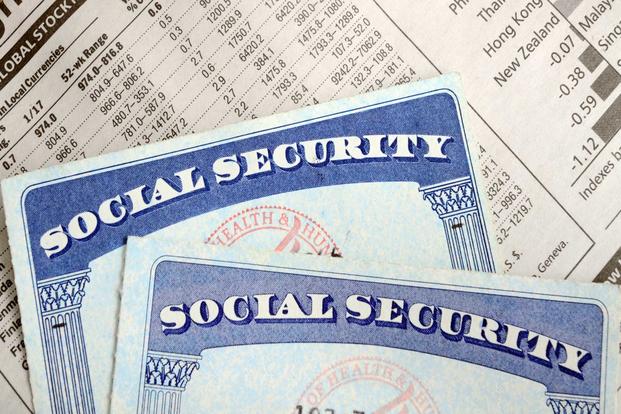Social Security benefits are on the rise. The 2022 cost-of-living hike was nearly 6%, and there's no sign inflation is slowing down.
In other words, Social Security may now be making up a larger part of your retirement income strategy or playing a bigger role in your retirement income plan.
Ideally, guaranteed income streams like Social Security, military retirement, pensions and income annuities can cover your core expenses in retirement. So this type of increase is good news, especially if inflation fades. In the end, it's all about relative purchasing power.
What you don't want is a not-so-good surprise. There are two Social Security rules that might provide just that: the Windfall Elimination Provision and Government Pension Offset.
These rules could come into play if you or your spouse receive pensions from work where they did not pay Social Security taxes.
Let's look before you leap and examine these two rules a little closer.
Windfall Elimination Provision (WEP). This rule affects the Social Security retirement and disability benefits of folks who receive pensions from work for which they didn't pay Social Security taxes. Federal workers under the old Civil Service Retirement System and workers in some public-school systems are prime examples. In these cases, the Social Security Administration could modify your benefit calculation, resulting in a smaller Social Security payout.
You can read the details on the Social Security website or by checking out Social Security Publication 05-10045. On the positive side, if you have 30 years of what are called substantial earnings, the rule won't affect your Social Security. If you've got at least 20, the impact on Social Security is lessened.
Government Pension Offset (GPO). This rule also targets recipients of non-covered pensions, but it affects benefits they might receive based on their spouse's earnings record. It reduces or eliminates the benefits received as a spouse, widow or widower -- cutting them by two-thirds of the amount of the non-covered pension. For example, a $1,000 pension from a job where Social Security taxes were not paid would reduce any Social Security benefits received as a spouse by $667. This could be a game changer if your survivor income plan relies heavily on Social Security benefits that might not be available. It is detailed in Social Security Publication 05-10007.
In the end, you might not be able to avoid WEP or GPO, but you should understand how you or your spouse might be affected and plan accordingly. Visit the Social Security website or search the referenced publications for more information.
Get the Latest Financial Tips
Whether you're trying to balance your budget, build up your credit, select a good life insurance program or are gearing up for a home purchase, Military.com has you covered. Subscribe to Military.com and get the latest military benefit updates and tips delivered straight to your inbox.




